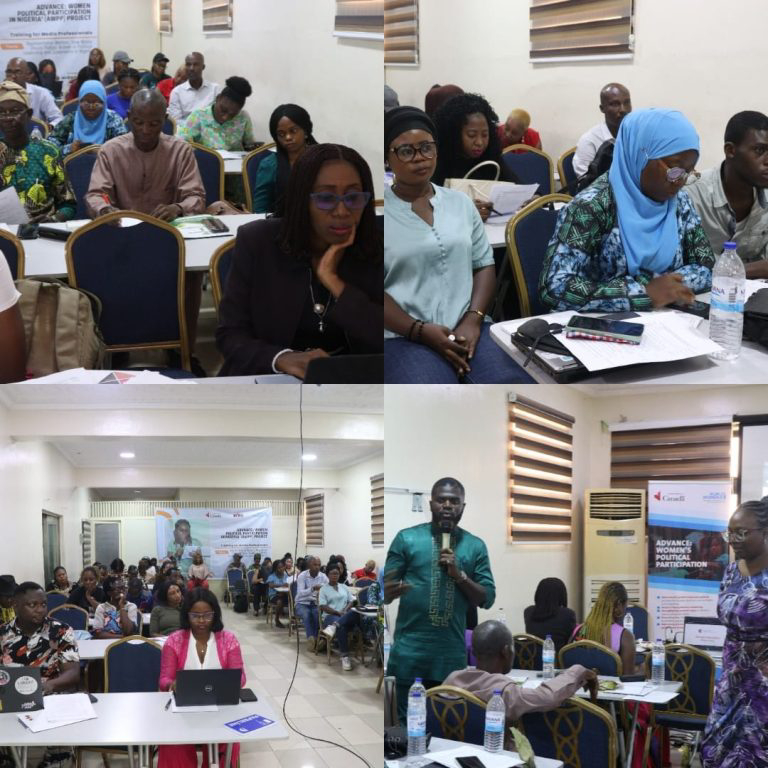Media Training: ARDA advocates implementation of supportive policies for women in politics
In a bid to address several obstacles hindering women's participation in politics, Nigeria needs to implement supportive policies and programs, so as to encourage more women in nation building.
This is the position of facilitators at the comprehensive training for media personnel organized by ARDA Development Communication Incorporated on Wednesday, October 30, 2024 in Lagos.
Women's political leadership and participation are crucial for Nigeria's national development, economic growth, and nation-building. It's not just a matter of justice and human rights, but also essential for creating a more inclusive and representative governance structure.
Some of the challenges being faced by women includes poor understanding of internal political party dynamics, lack of support to prepare women to enter politics, restrictive electoral frameworks, deeply entrenched patriarchy among others.
The training aimed at Increasing women's participation in local and national elections, growing support for women's rights and empowerment initiatives and also to promote gender equality and women's empowerment.
By addressing the systemic barriers and implementing supportive policies, Nigeria can pave the way for a more inclusive and representative governance structure. This, in turn, will contribute to national development, economic growth, and nation-building.
The training, held under the auspices of the Advance: Women Political Participation in Nigeria (AWPP) Project, was organised to equip media professionals with the necessary skills and knowledge to enhance women's representation in political leadership and governance.
Adebisi Adetunji, a media and development communications expert, is spot on when she says that people often have biased expectations of female leaders. We shouldn't view female leaders as inherently different from male leaders - leadership is leadership, regardless of gender.
It's time to break down these stereotypes and recognize that women in leadership positions deserve the same respect and support as their male counterparts. This means acknowledging their authority without questioning their ability to lead simply because they're women .
Adebisi also emphasizes the importance of mentorship, encouraging women in leadership to pave the way for others. By doing so, they can create a ripple effect that promotes diversity and inclusion in the workplace.
In the realm of politics, Adebisi suggests that women should be considered for more substantial roles beyond traditional positions like welfare secretary. It's crucial for political parties to be forward-thinking and open to women taking on senior roles, rather than relegating them to the background.
Funded by the Canadian Government through the United Nations Women, the AWPP Project addresses the myriad challenges hindering women from taking up leadership positions in Nigeria.



















0 Comments